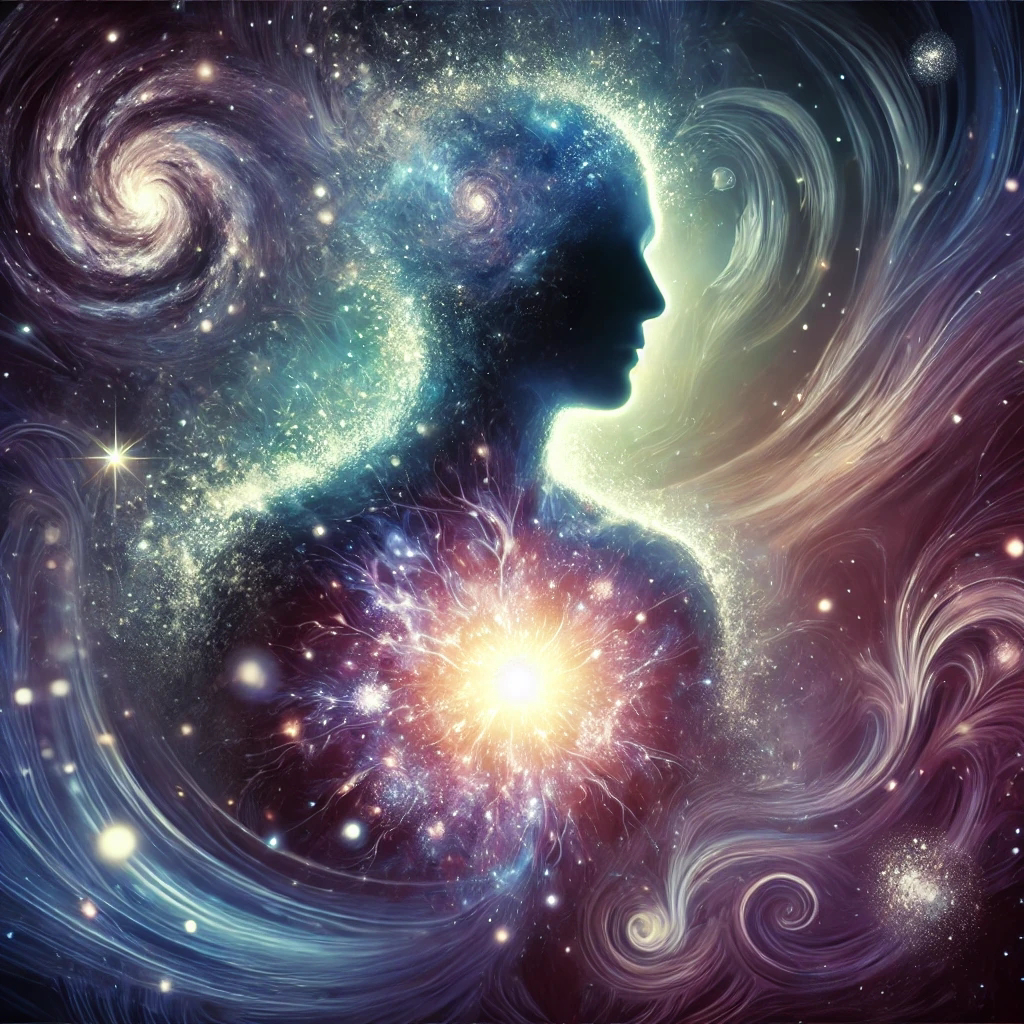Hi there, dreamers and deep thinkers,
Let’s be real—thinking about the soul can feel like stepping into a rabbit hole. Is it real? Is it something science can ever explain? Or is it just a comforting story we tell ourselves about who we are? Whatever the answer, it’s a question that touches something deep within us, a part that’s always seeking meaning.
So let’s explore this together. What is the soul? What’s it made of, and why does it matter?
Consciousness: The First Clue to the Soul?
Let’s start with what we do know: consciousness. That mysterious, inner voice—the “you” that’s aware of being you—might just be the closest thing we have to a soul. Think about it. When you strip everything else away—your job, your memories, even your body—there’s still something left: an awareness.
Some scientists believe consciousness is just neurons firing in the brain, a biological byproduct of evolution. But others argue that consciousness might be fundamental to the universe itself, like space or time. If that’s true, then maybe what we call the soul is our own tiny piece of universal consciousness—a spark of something infinite.
The Soul as Energy: A Transformative Idea
Here’s another way to think about it: energy. Science tells us energy can’t be created or destroyed. It just changes form. Could the soul be a form of energy, animating our bodies while we’re alive and transforming into something else when we die?
This idea resonates with a lot of spiritual traditions, from ancient Hindu beliefs about Atman (the inner self) to modern theories about life energy like chi or prana. Even quantum physics hints at this possibility. At the tiniest levels, particles behave in strange, almost magical ways that we can’t fully explain. Who’s to say the soul doesn’t exist in that same mysterious realm?
Identity Beyond the Physical
Let’s get personal. If you lost your memories tomorrow—everything that’s ever happened to you—would you still be you? Most of us would say yes. That’s because there’s a sense of self that goes deeper than memory or personality. Call it essence, spirit, or soul—whatever feels right to you.
This part of us feels unchanging, even as life throws its chaos our way. It’s what makes you feel like the same person at 5 years old and 50. Maybe that’s the soul: not something separate from you, but the most authentic version of yourself.
Growth: Is the Soul on a Journey?
If the soul exists, does it grow? Some traditions suggest that the soul evolves over time, learning through experiences, challenges, and relationships. It’s a beautiful thought, isn’t it? That every moment of joy, every heartbreak, every quiet epiphany is shaping something eternal.
Even if you don’t believe in reincarnation or spiritual evolution, there’s something universal here. Personal growth is undeniable—we change, adapt, and (hopefully) become wiser. Maybe the soul’s purpose is simply to experience, to connect, and to leave the world a little better than we found it.
The Science and Spirituality Divide
Here’s where things get tricky. Science doesn’t have a way to measure the soul. It’s bound by what can be observed and tested. But that doesn’t mean the soul isn’t real. It just means it exists outside the scope of what science can currently explain.
And let’s not forget: some of the most profound human experiences—love, awe, purpose—can’t be measured, either. They’re felt. If the soul is tied to those things, it might not need proof to be real. Its reality might be in how it shapes our lives and the way we connect with others.
Why the Soul Matters
Why does any of this matter? The idea of it changes the way we see life. If there’s more to us than just our bodies and brains, maybe there’s more to life than just survival. Maybe there’s meaning—real, tangible meaning—in our struggles, relationships, and even in our losses.
Thinking about the soul isn’t just about answering a big existential question. It’s about understanding what it means to be. To wonder, to love, to seek connection. Whether or not the soul exists, the act of exploring it brings us closer to our deepest truths.
Final Thoughts
We may never know for sure how to prove the soul is real. But we can feel it in the quiet moments—the ones where life slows down, and we sense something bigger than ourselves. Maybe that’s all the proof we need.
The soul might not be something we can define or pin down. But it’s worth thinking about. Because in the search for answers, we find meaning. And isn’t that the ultimate goal of any great mystery? I think so!
Stay curious.
April
Cognitive Psycho





One response to “What is the Nature of the Soul?”
[…] What is the nature of the soul, if it exists? […]